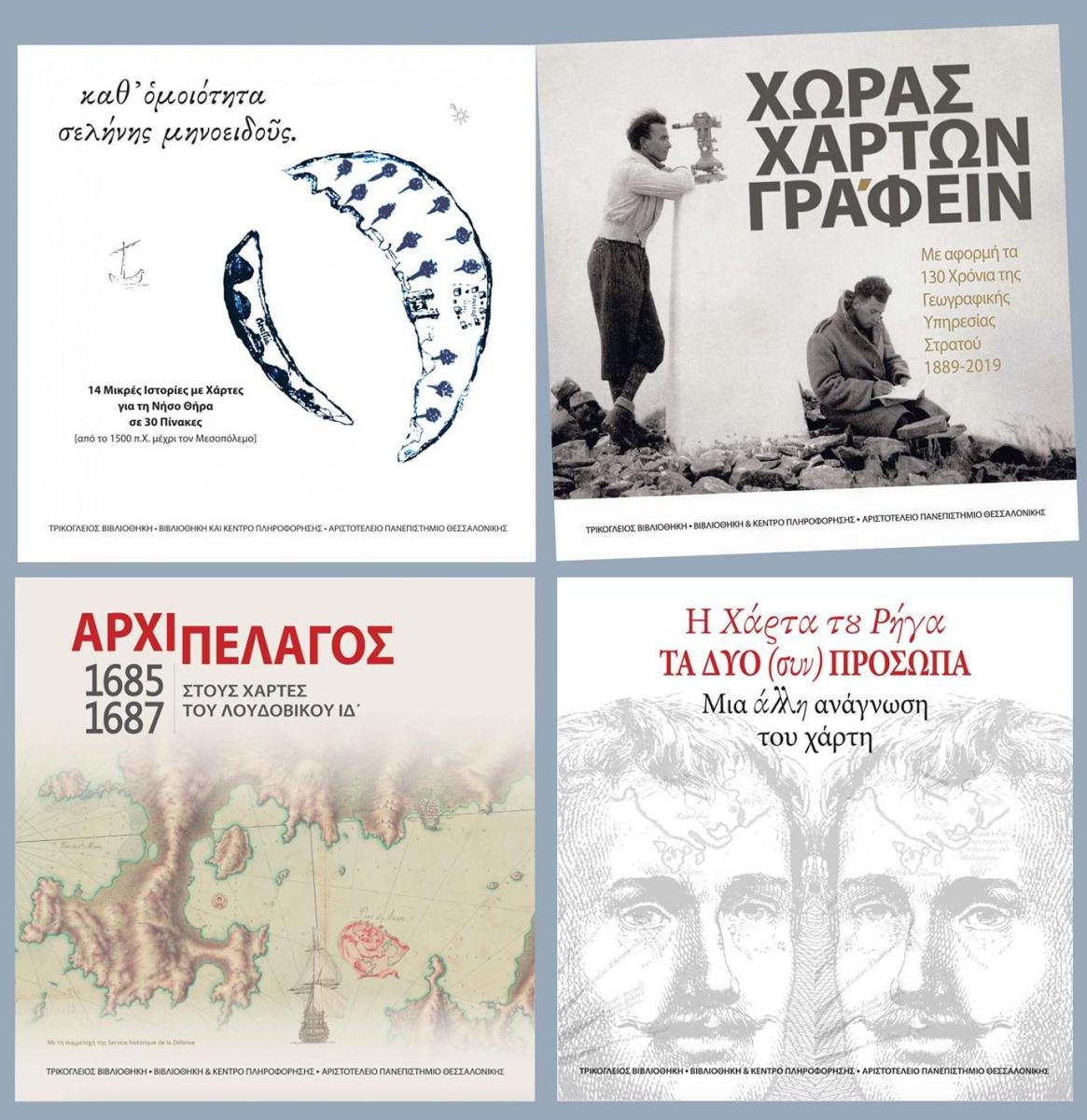Η Βιβλιοθήκη και Κέντρο Πληροφόρησης ΑΠΘ σε συνεργασία με τον εκδότη Elsevier σας προσκαλούν να συμμετάσχετε στο σεμινάριο:
«Πώς να γράψετε μια σπουδαία ερευνητική εργασία και να γίνει αποδεκτή από έγκριτο επιστημονικό περιοδικό»
Το σεμινάριο απευθύνεται κυρίως σε μεταπτυχιακούς φοιτητές, υποψήφιους διδάκτορες αλλά και σε διδάσκοντες του ΑΠΘ και θα πραγματοποιηθεί στις 13 Μαρτίου 2018 στο ΚΕ.Δ.Ε.Α
Η εισήγηση θα γίνει στα αγγλικά από τον κ. Darren Sugrue σε δύο συνεδρίες:
- 10.00 – 12.30 (με στόχευση στους μεταπτυχιακούς φοιτητές)
- 13.30 – 16.00 (με στόχευση στους υποψήφιους διδάκτορες και διδάσκοντες του ΑΠΘ)
Οι συμμετέχοντες θα λάβουν ηλεκτρονικά βεβαίωση παρακολούθησης.
Για τη συμμετοχή σας παρακαλούμε συμπληρώστε την αίτηση εδώ.
-------------------------------------
How to Write a Great Research Paper, and Get it Accepted by a Good Journal
Darren Sugrue
Publisher, Elsevier, Amsterdam, The Netherlands.
Background: Knowing the best way of structuring your paper when writing it, and the most appropriate journal to send it to, really helps in getting your paper accepted. Also understanding how editors and publishers think and what they expect, and knowing how the peer review process works, is invaluable insight into the publishing process.
Results: After attending this free 2 to 2.5 hour workshop, one in the Elsevier Publishing Connect Workshop series, participants will have a clear idea of the steps needed to be taken before starting to write a paper. They will also be able to plan writing manuscripts using the logical step sequence – not the sequence in which the paper will be read. Authors are also made aware of what aspects of their papers Editors, Reviewers, and Publishers look at critically, and to ensure that in taking care of these areas, their papers are much more likely to be accepted. Dealing with referees’ comments and the art of polite rebuttal are also described such that these can be used to improve the submitted paper suitably. Sensitive areas such as publishing ethics, plagiarism, duplicate publishing, etc are also clearly explained such that participants have a clear understanding of what their responsibilities are, what is allowed, and what is not permitted.
Conclusions: These insights into the publishing process will enable the participants to be more confident as an author in the world of science publishing, and so should help them get their papers published more easily.












